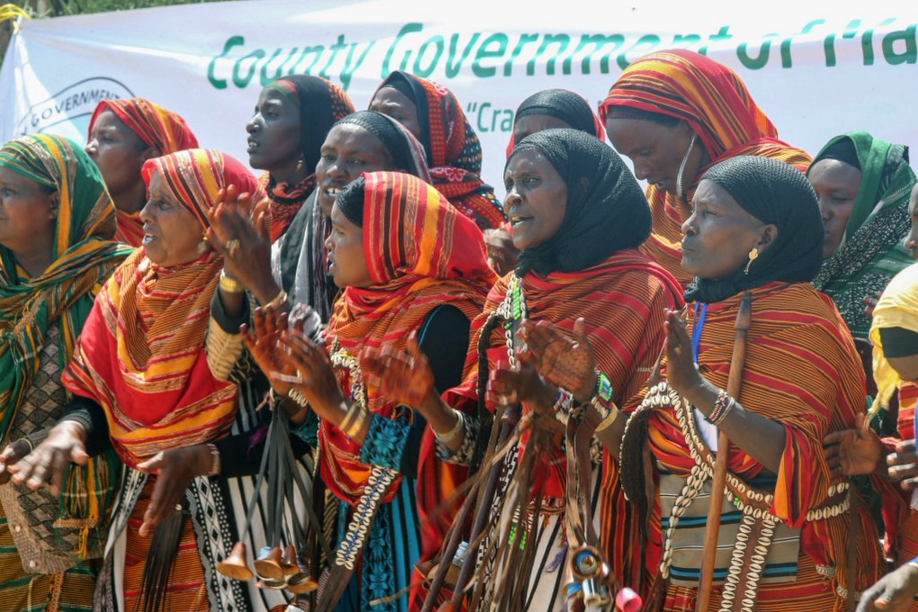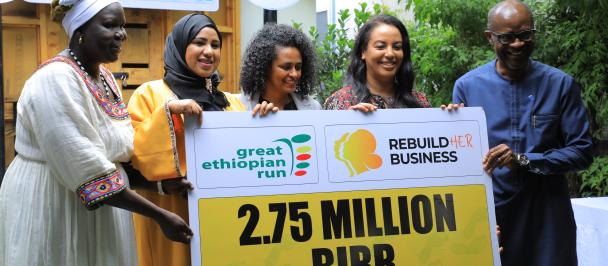Kenya and Ethiopia share a long porous border with largely mobile population and low youth employment rate, and weak investments in social services and infrastructures, making the area vulnerable to conflict over scarce resources. The €3.5 million EU funded cross-border integrated programme focused on promoting sustainable peace and socio-economic transformation.
More than 900 out-of-school youth living in the Ethiopia-Kenya border areas of have developed business plans and will be provided with in-kind support by UNDP following entrepreneurship training organized as part of the cross-border integrated programme implemented by UNDP offices in Kenya and Ethiopia with funding provided by the European Union.
Kenya and Ethiopia share a long porous border with largely mobile population and low youth employment rate, and weak investments in social services and infrastructures, making the area vulnerable to conflict over scarce resources. The €3.5 million EU funded cross-border integrated programme focused on promoting sustainable peace and socio-economic transformation.
The project has invested in local government institutions, young people, and women to bring them on board as key partners in preventing violence, benefit from economic development across the border, reduce civil discontent and promote lasting inter-communal peace.
A memorandum of understanding was signed by the representatives of the two governments and UN Country Teams of Kenya and Ethiopia in June 2017 to target the Borena and Dawa Zones on the Ethiopian side of the border and Marsabit Country on the Kenyan side.
The five-year programme specifically aimed to:
- Improve capacity of local governments for preventing conflict and promoting sustainable peace;
- Enhance peace and strengthen community resilience to prevent conflict and withstand shocks; and
- Enhance the efficiency and effective delivery of conflict prevention and peace building activities.
In July 2021, stakeholders from both countries met in Bishoftu town, Ethiopia, to reflect on achievements, lessons learned, discuss challenges and commitment on the way forward. Relative peace was able to be maintained in the Moyale area and communities were able to develop local conflict early warning systems for target areas. Peace committees on both sides of the border were also trained to deliver on their mandate, while communities were trained on early warning and improved natural resource management. EU funding for the project ended in July 2021.
Read more

 Locations
Locations
